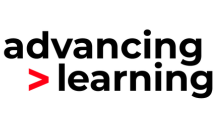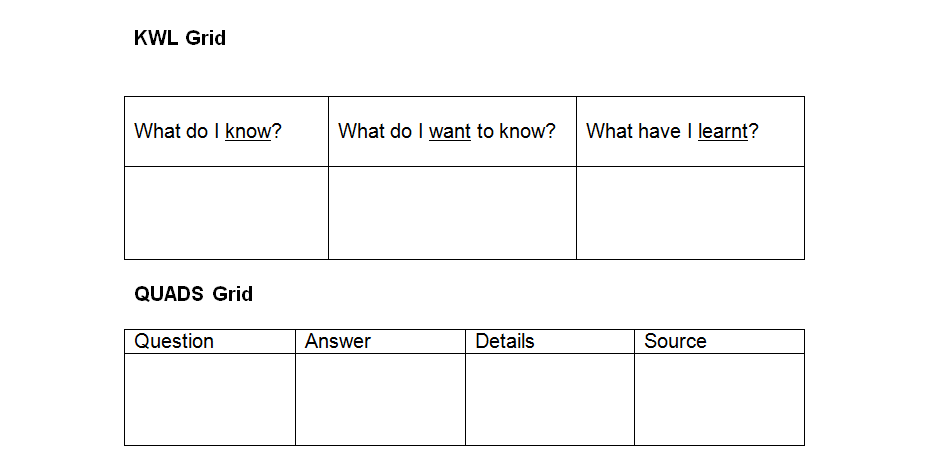Developing research skills in scientific enquiries
The first skill we will look at in this series of blogs is the cross-curricular skill of researching information. This literacy skill is an area in which learners can discover the information needed to answer a scientific question for themselves – a crucial aspect of high attainment in scientific enquiries at any level. There are obvious links when developing research skills in primary schools to be made with any work done on non-fiction texts in literacy.
The range of informative, attractive ‘big books’ with a science theme is ever increasing and these are useful to illustrate important research skills.
These include:
- the use of a contents page and an index in a non-fiction book,
- making notes,
- extracting information from pictures and diagrams.
When do we have opportunities to develop research skills?
As we saw in the introductory blog when looking at types of scientific enquiry, one aspect of enquiry can be described as ‘Research’. When the evidence to answer the scientific question being addressed in an enquiry can’t be gained practically, learners will need to apply their research skills.
For example, when seeking to answer questions on Space Science in Stage 5, consulting secondary sources of information may well be the best (or only!) way to approach many problems.
Other topics commonly used to conduct scientific enquiries based on evidence from secondary sources of information will include:
- environmental work,
- exotic animals and plants in inaccessible habitats,
- potentially hazardous chemical reactions,
- examples from the history of science, for example when considering the work of Isaac Newton in Stage 6.
What does progression look like in research skills?
As teachers, we need to consider the progression in research skills that we should expect young learners to make throughout their primary education. Learners’ rate of progression in research skills will differ but will be closely related to their literacy skills, especially their ability to read.
At first, we should provide simple texts – starting with pictorial stimuli – for our youngest learners to interact with and offer significant adult support and guidance:
- As the learners’ reading skills improve, we can then encourage learners to use simple texts from specific sources to find some information for themselves
- Then we should give learners the opportunity to find information themselves in a more complex text that we provide
- In the latter stages of primary education some learners will be able to select and seek out information from a range of sources for themselves. To progress to this level, we need to give learners access to a range of secondary sources, including the internet.
How can we develop research skills?
Here are some strategies that we can use to develop research skills in scientific enquiries:
STRATEGY 1 – Locating information in texts
You can start introducing children in Stage 1 to the skills they need to find information from texts at an appropriate level. Begin by teaching the difference between fiction and non-fiction, modelling the use of a contents page and the index in books through demonstration and guided activities.
The reading skills of:
- skimming,
- scanning,
- locating summaries,
- using headings and sub-headings should be introduced progressively in literacy.
Science topics can provide a stimulating context to start developing these skills. This will enable children to locate the information they need to answer their scientific questions.
STRATEGY 2 – Processing the information found
Once again, your work on literacy will benefit research undertaken in other curriculum areas including science.
Note taking from non-fiction texts can be introduced from Stage 2 or 3, using key words and phrases, page references and headings to use in subsequent writing.
You can support this important skill by using the strategies of:
- modelling,
- providing cloze exercises,
- sequencing,
- highlighting photocopied text,
- using writing frames with sentence openers provided.
It is entirely appropriate for you to provide the source material as learners start developing research skills in scientific enquiries.
However, for those who have mastered the basic skills, starting off open-ended, then closing down the activity and supporting only those who experience difficulties, will provide the challenge the higher attaining learners need. Although beware that being too open-ended before learners can find information and process it themselves, can result in frustration.
STRATEGY 3 – Do your preparation before starting a search
In Stages 3 to 6 you will be looking to extend the range and complexity of secondary sources available to learners conducting their research.
This makes it imperative that the purpose of the research is very clear at the outset (or aimless diversions off-task will inevitably take place).
To help children focus on what they want to find out, you can use a prompt sheet that encourages the children to ask specific questions. For example, in Stage 5 you can ask learners when looking at the Moon to construct their own questions. Provide a sheet with the ‘question words’, How …?, Where …?, Why …?, What …?, When …?, Which …?, and Who …?, leaving space for the learners to complete their questions.
STRATEGY 4 – Provide scaffolding for research
The KWL and QUADS grids developed by the Nuffield Exeter Extending Literacy project can be used to follow up a question under investigation (such as one of the questions produced in Startegy 3, generated by the learners themselves).
The headings on the sheets that learners can use to support their research are shown below:
The KWL grid gives learners a chance to reflect on their prior knowledge, focus on one particular question, then encourages them to specify information that is new to them.
The QUADS grid also acknowledges the importance of quoting your sources of information when conducting scientific research.
STRATEGY 5 – Provide opportunities to use ICT
The teaching of the skills needed to search and process information from CD ROMs and the Internet will also need to be taught as the range of secondary sources is increased.
Learners can be asked to produce a list of do’s and don’ts as guidance for a class of younger larners using computers to find information.
REFLECTION SECTION
- Which topics that you teach will provide interesting contexts to introduce research skills?
- Reflect on the use you have made of any science-based texts in your classroom:
- Have they been used to best effect?
- Did the contexts motivate the children?
- What are the key elements of progression in research skills in terms of:
- the complexity of the texts involved
- the level of support offered by the teacher
- the scope of the search.
- Think of three scientific enquiries that are research-based.
- Consider the sources of scientific information available in your school.
- Are the resources adequate for the complete range of ages and abilities?
- Do you have a selection of CD ROMs, as well as reference books, in the library? How about your class’s access to the internet? What would you like to see more of in your school to develop research skills?
- How are the research skills of your class developing? How do you plan to facilitate their progress?
- How would you differentiate an activity requiring children to interact with a piece of science text in your class?
- What has been the best piece of research in science that a class of yours has ever done? What made it so good?
- Compare the KWL and QUADS grids above and think about the advantages and disadvantages of using each one.
- How often do children use their ICT skills to find scientific information? Are there any new opportunities to develop links between science, literacy and ICT in your school?




